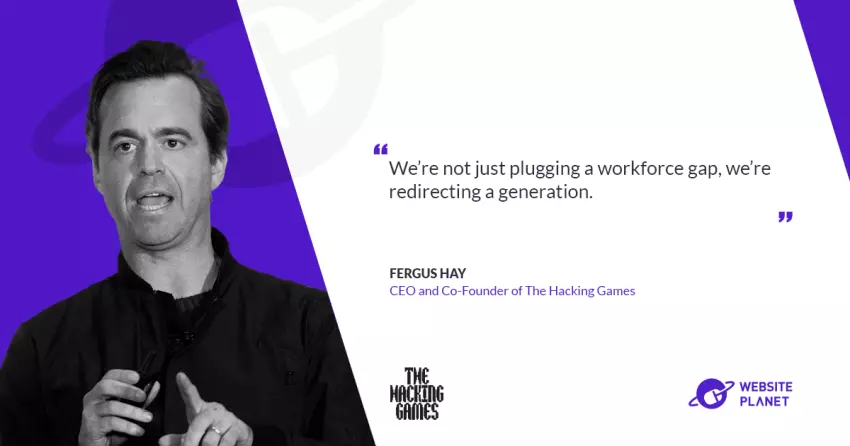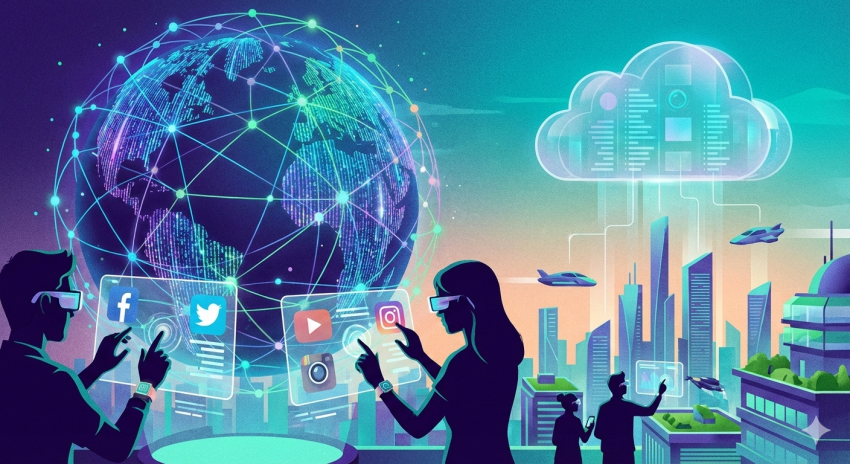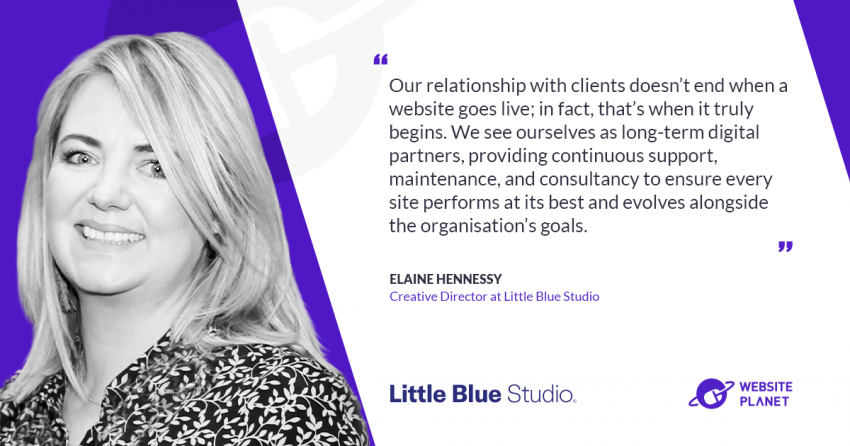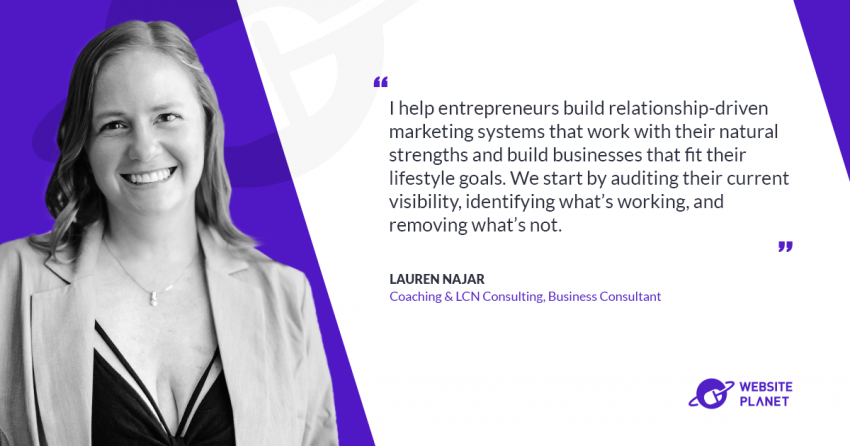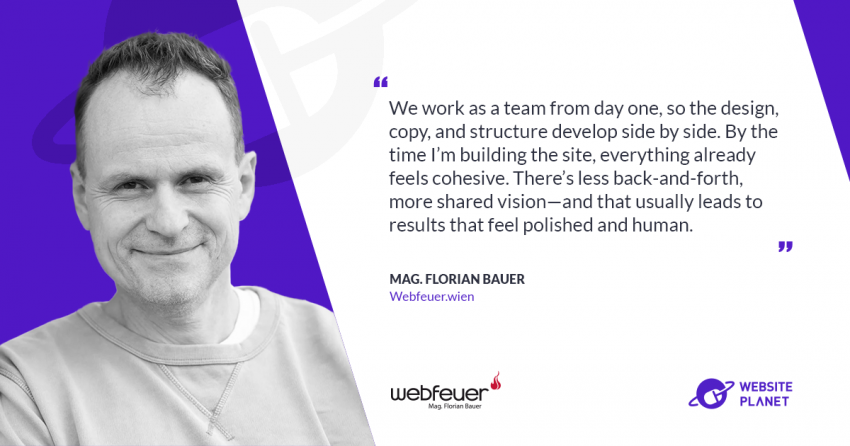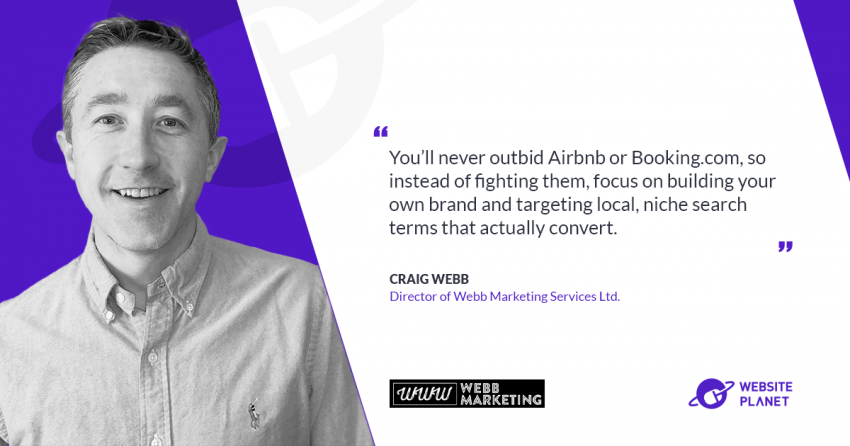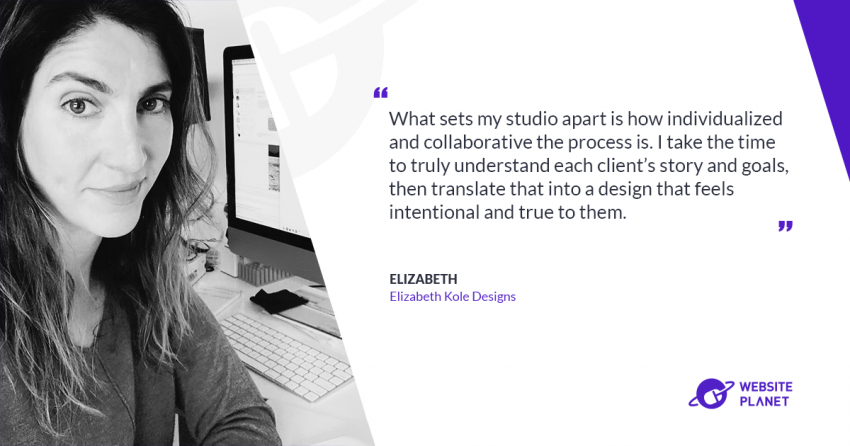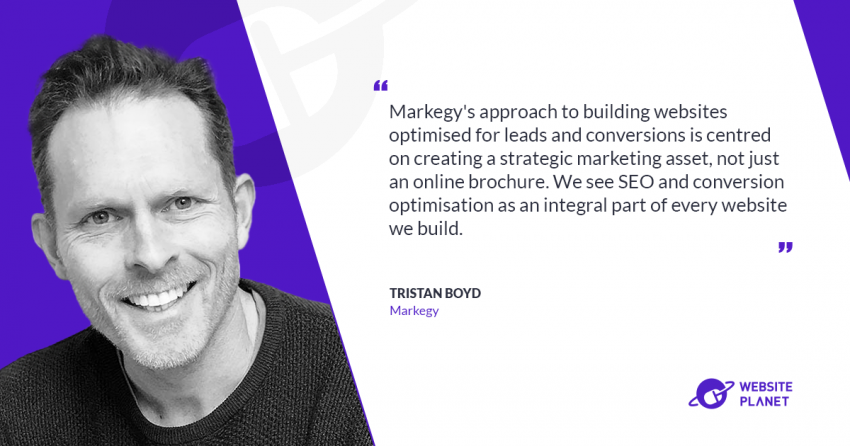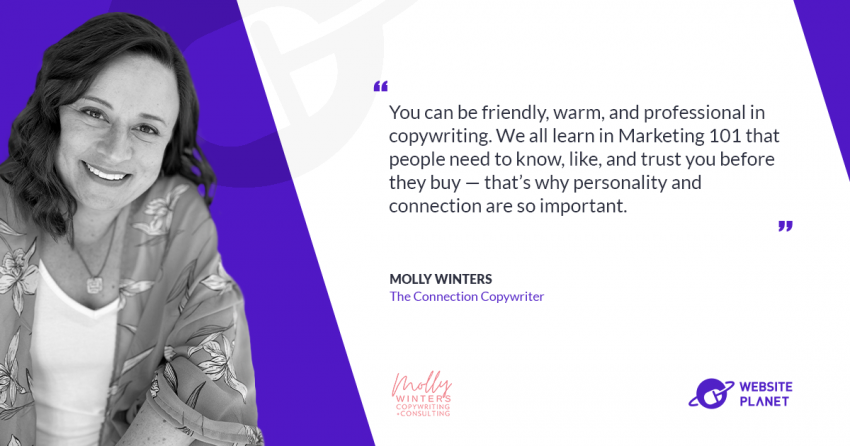In a world where cyber threats are growing faster than the talent to stop them, The Hacking Games is on a mission to flip the narrative. We spoke with Fergus Hay, CEO and Co-Founder, about redefining what it means to be a hacker in 2025—and how entertainment, gaming, and AI are fueling the next generation of ethical cyber defenders. Learn more in his exclusive Website Planet interview below.
What does it mean to be an ethical hacker in 2025?
To be an ethical hacker in 2025 is to be a problem solver with a purpose. Hacking, at its core, is human creativity in action. It’s the drive to explore and push boundaries, and it’s the foundation of all innovation. Without hacking, we’d still be riding horses to work, reading by candlelight, and heating with coal.
As Henry Ford said, “If I had asked people what they wanted, they would have said faster horses.” Every major leap came from people who bent the rules of the current system to build a better one. Today, with technology more accessible than ever, that creative drive can be actualised at speed and scale. A 14-year-old with a laptop can jailbreak AI models to bring down infrastructure. So the question isn’t “Can they do it?”, it’s “Why are they doing it?” That’s where ethics comes in.
Do you use your skill to cause harm, steal, or destroy? Or do you use it to make the world safer, smarter, and more resilient? Being an ethical hacker today means choosing the latter. It means stepping into the same creative space, but directing that ingenuity toward protecting people,
What is the main goal of The Hacking Games?
Our mission is clear. Create a generation of ethical hackers to make the world safer.
We’re facing two global crises:
- A cybercrime epidemic, costing the world $10.5 trillion in 2025
- And a cyber talent drought, with 4.8 million jobs unfilled globally
At the same time, a new breed of cyber threat is rising. Young, unconventional hackers with no formal background, no ethical boundaries, and no fear of consequences. 69% of European kids have committed a cybercrime or cyber misdemeanour, and the FBI Cyber Division reports that the average age of anyone arrested for a crime in the U.S. is 37, while the average age of someone arrested for cybercrime is 19.
These kids often aren’t malicious by nature. That’s where The Hacking Games comes in. We find them, assess them, and give them a path into meaningful careers. We’re not just plugging a workforce gap, we’re redirecting a generation.
How do you envision the mainstream perception of a hacker changing in the near future?
The word “hacker” still makes most boardrooms nervous. It conjures images of criminals in hoodies, but that perception is changing.
Just as skateboarding evolved from connotations of vandalism to Olympic sport, hacking is shifting from “criminal curiosity” to “critical skillset.” We think hackers will be seen as problem solvers, someone who thinks creatively under pressure, bends systems without breaking ethics, and keeps society running behind the scenes.
We’ve already seen a glimpse of this. Kids who used to hack Roblox for fun are now getting internships at cybersecurity firms. Bug bounty hunters being flown to DEF CON. Ethical hackers giving TED Talks. In fact, one of the first things we saw on our first trip to DEF CON was the lock-picking station. No computers, just a breaking and entering mentality.
The Hacking Games is accelerating that shift by telling their stories and ultimately, making “hacker” a term your parents are proud to hear.
What is HAPTAI, how does it work, and what does it contribute to achieving your goals?
HAPTAI is our hacker aptitude evaluation platform designed to find unconventional talent to make the world safer.
Most recruitment systems look backwards. CVs, degrees, job history. HAPTAI looks forwards, at aptitude, thinking patterns, and real-world behaviours. We built it to identify unconventional talent by observing how they approach challenges that simulate real-world cyber activity, such as gaming, problem-solving, bug bounties and CTFs, adversarial thinking, and more.
Through these aptitudes, HAPTAI creates a behavioural profile surfacing core cyber skills like red teaming. It shows the talent where they might thrive, matchmaking the next generation of ethical hackers to cyber roles. It makes our mission scalable and defensible.
Can you elaborate on the role entertainment has in the work you’re doing and the entertainment partnerships you’ve been a part of?
If you want to reach Gen Z, you need to speak their language. They won’t listen to governments, schools, or corporations, but they will listen to content that feels real. That’s why entertainment is core to our model as a strategic pillar for talent engagement and recruitment.
We activate across four tiers of media:
- Broadcast Entertainment Media – We’re developing shows to reach mainstream audiences via streaming platforms. These shows explore the real stories of young hackers and the battle for the future of cyber.
- Esports Activations – We’re building hacking tournaments that mirror the structure and intensity of esports, including running the UK’s first ethical hacking esports competition.
- Social Media Engagement, where this generation learns, explores, and identifies.
- Grassroots Communities. We have our Discord channel and love being at conferences and community events.
We want to support the next generation in their language and on their platforms. Our end goal here, when a 14-year-old sees someone like them hacking legally on a streaming platform, they stop thinking “that’s for the police” and start thinking “maybe that’s for me.”
What role does gaming play in the rise of young hackers?
Gaming is the origin story for the modern hacker. Kids are gaming earlier than ever, as young as 6 or 7, and the overlap between gamers and hackers is 100%. Every Hacker is a gamer. Gaming teaches the exact skills and instincts that translate into hacking. First-Person Shooters sharpen reflexes and tactical decision-making; RPGs teach planning, progression, and systems thinking; Strategy games develop foresight and resource management. They’re identity-forming environments.
We can see Cybersecurity skills being developed through their modding behaviors. When Gamers create aimbots, they are using Memory Manipulation and developing their Memory Injection skills. Lag switching or Packet Sniffing is a precursor for MITM, replay attacks, or DoS.
From early on, kids are immersed in social engineering. They’re targeted with scams, fake trades, phishing links, identity theft, and they learn to exploit bugs or bypass systems to gain an advantage. That journey often leads them to forums, hacking communities, and even the dark web
The stats are stark:
- 92% of Gen Z and 84% of Gen Alpha are active gamers.
- 61% of hacking suspects started before age 16, often through game cheating.
- The youngest known DDoS attack in the UK was launched by an 8-year-old.
- The Scattered Spider group – which breached MGM and Caesars – was founded by someone who began gaming at age 6.
92% of Gen Z play video games regularly, many of them engaging with systems that teach core cyber skills like problem-solving, logic chains, and adversarial thinking. 82% of teens and young adults recruited by online criminals honed their skills first through gaming, not through formal education or coding classes.
Games are live training environments for hackers. Why not use that to our advantage to fight crime?
To learn more about The Hacking Games, you can visit www.thehackinggames.com
